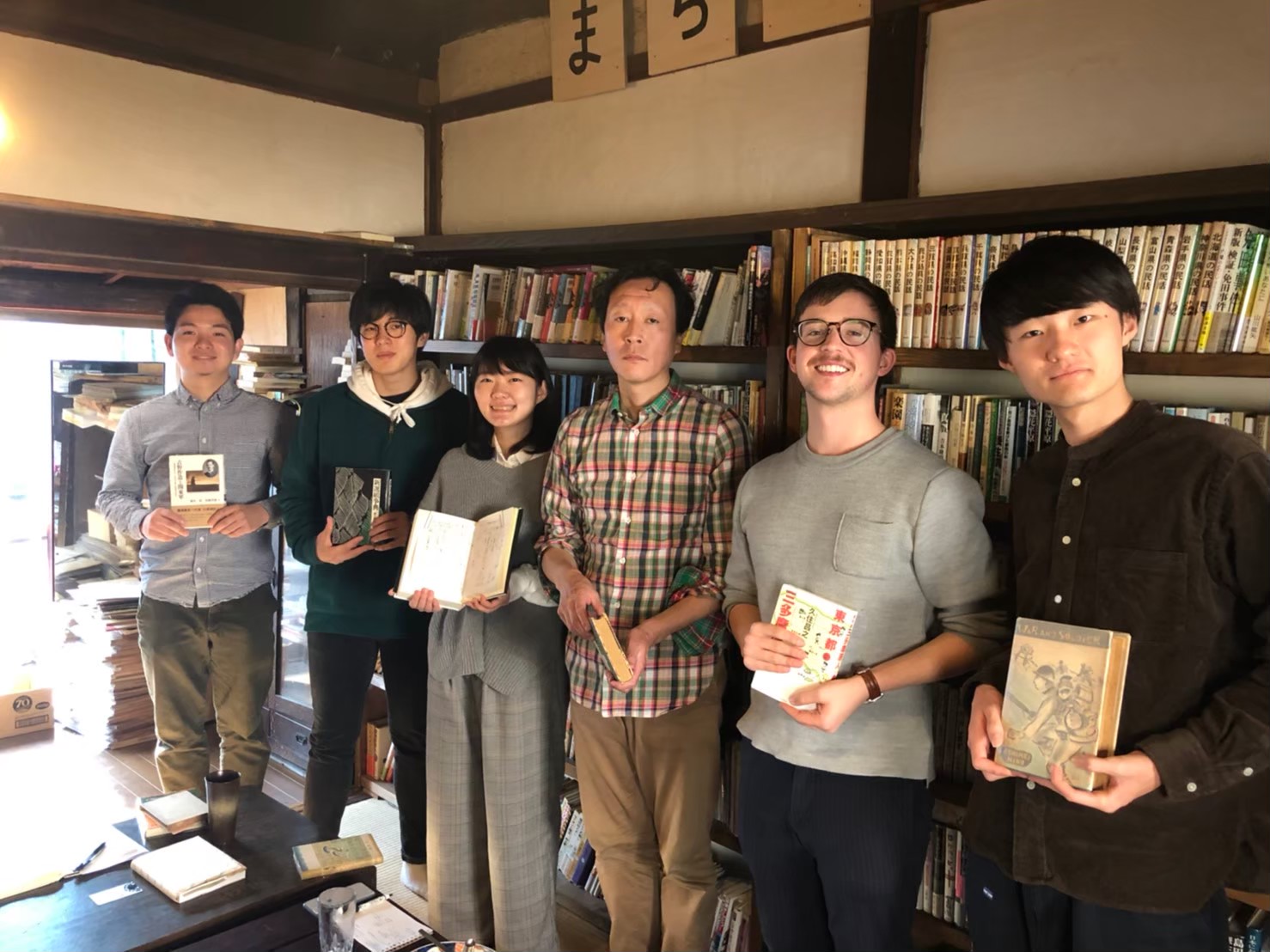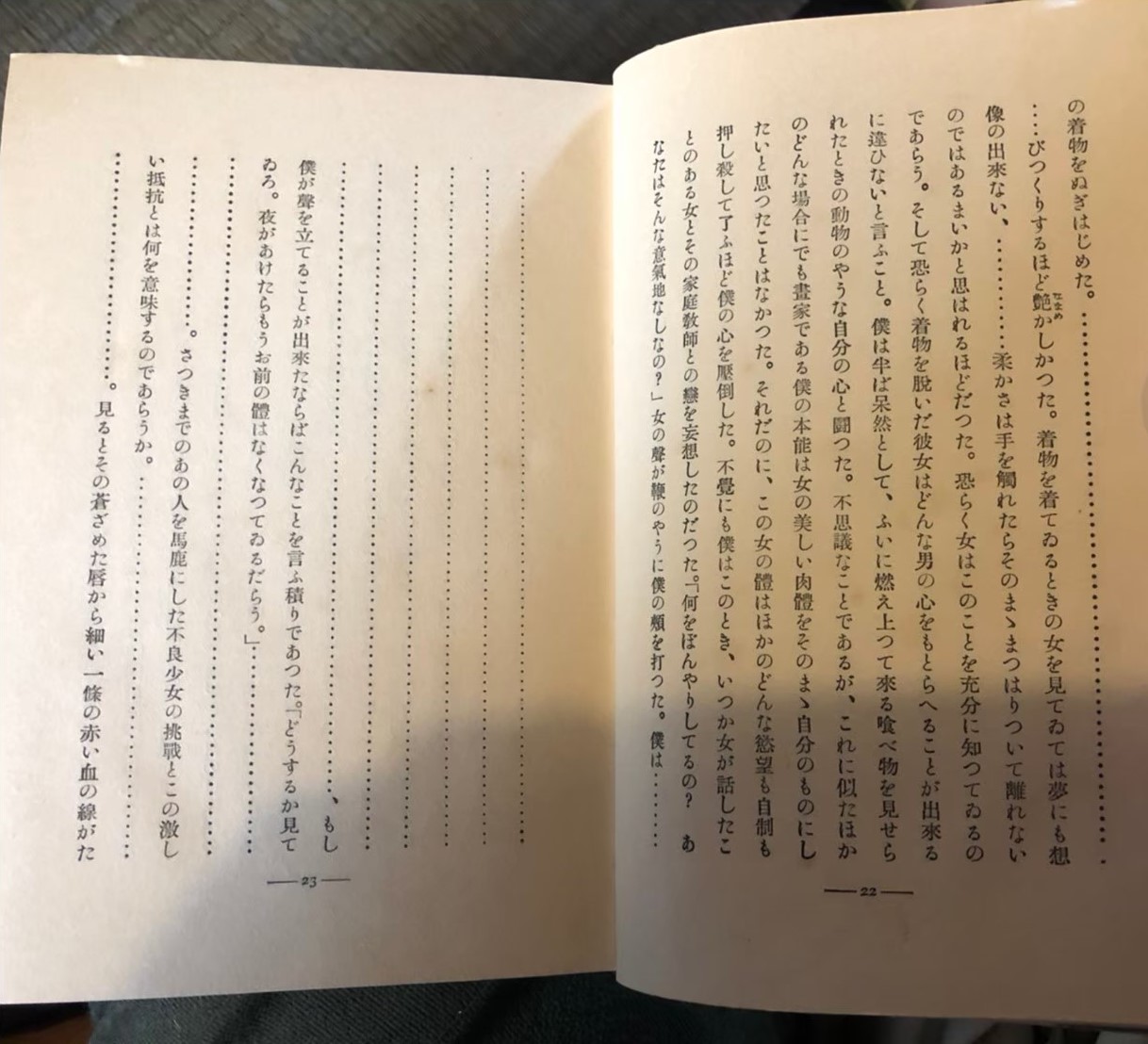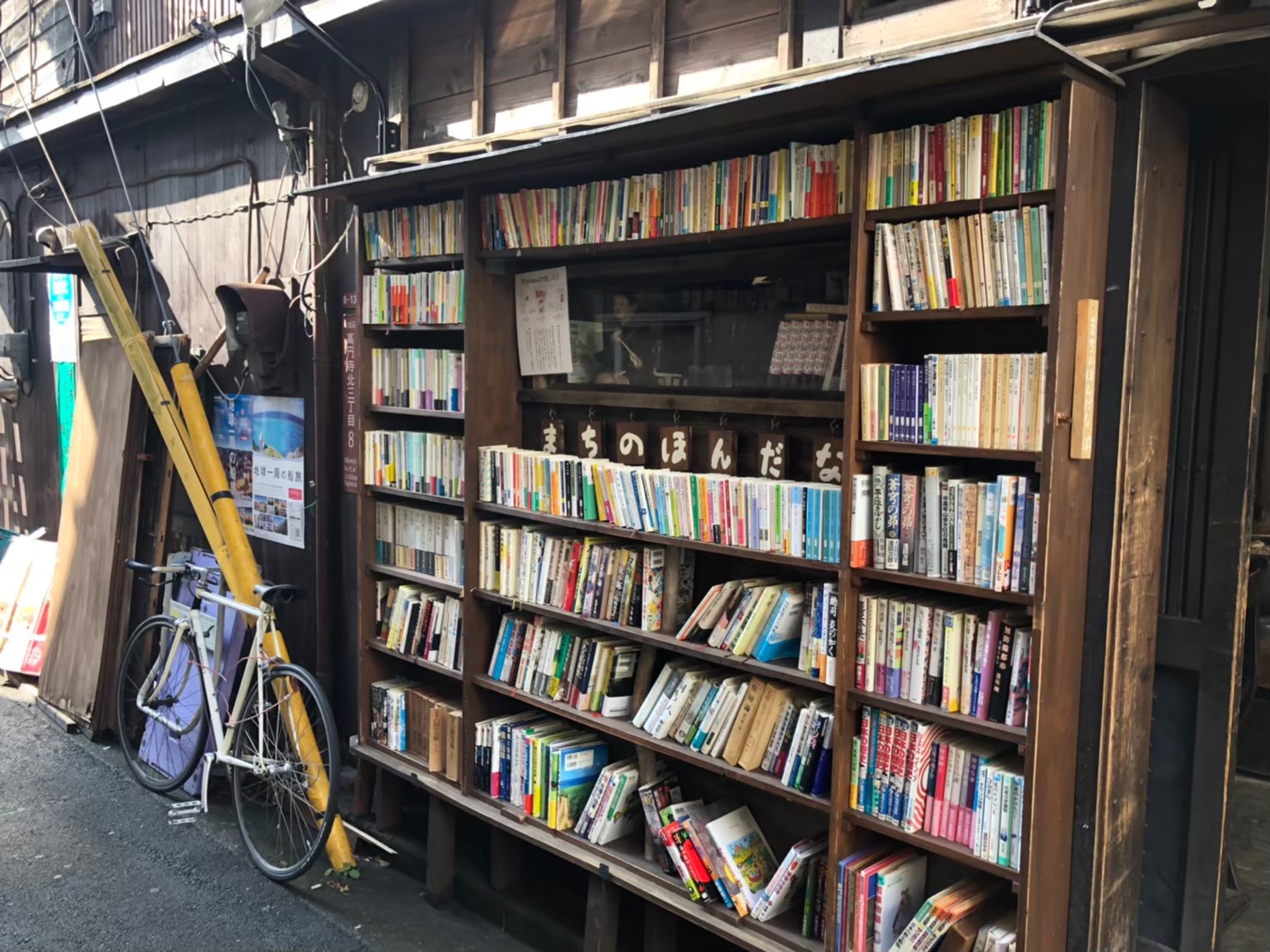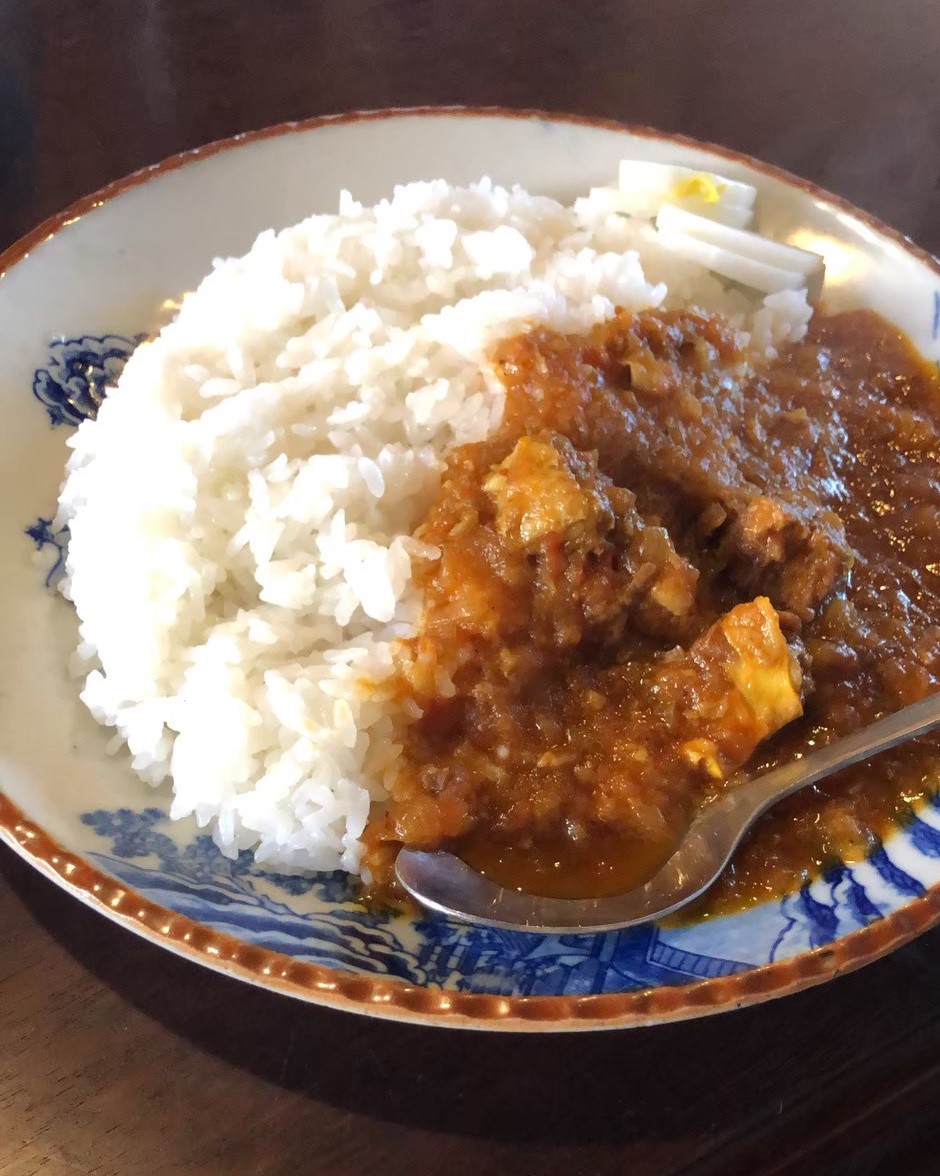A hidden gem of Koenji, Cocktail Books
Tucked away in the quiet alleyways of Koenji, a subtle yet charming storefront peeks out from the plethora of vintage shops which dot the neighborhood. A bookstore frozen in time, where you can enjoy a nice beverage and meal while reading a diverse collection of secondhand books. The vintage café and bookstore, Cocktail Books, stands out from the average café in Tokyo. Our team visited Cocktail Books and interviewed the owner, Mr. Karino, to understand more about what makes the store such an attractive spot.

Origin of the name
Naming the store Cocktail Books (Kokuteiru shobou), Mr. Karino took inspiration from the British-English pronunciation of the word cocktail, rather than the common Japanese transliteration “kakuteru.” The word shobou in Japanese denotes that the store handles secondhand books. Taken together, the blending of English and Japanese in the store name nods to the unique atmosphere of Cocktail Books. Mr. Karino’s suggests “the name implies that a lot of things mixed together can cause unexpectedly good results.”
History of the storefront
The history of Cocktail Books dates back to about 20 years ago when it opened in Kunitachi. Cocktail Books stood in a corner of “Asahi-dori”, a shopping street extending southwest from Kunitachi Station. Kunitachi is famous for Hitotsubashi University, making it popular spot for university students and regulars nearby. However, Mr.Karino, who was living in Koenji, found the long to commute and the storefronts distance from the city center a hindrance. For these reasons, the storefront changed locations twice as it struggled to find a steady stream of customers. The Koenji location, the third iteration of the shop, was rebuilt and partially remodeled when the store moved to the neighborhood in 2009. The building is a Taisho-era (1912-1926) single family residence that keeps much of the distinct architecture the era was famous for.
The clientele
The customer base of Cocktail Books is quite diverse ranging from twenty years old to eighty years old. Customers frequenting the shop here are generally passionate readers or work in some fashion for the publishing industry. Mr. Karino asserts that women are likely to come more than men a bit in part because young women are more likely to have interest in cultural things. Watching customers talk each other and relax, Mr. Karino reflects on the peaceful ambiance the shop exudes.

The attraction of secondhand books
Most of the books at Cocktail Books were collected by Mr.Karino himself. There are about 3000 books on hand for customers to peruse. The books are bought at a secondhand book market, which is held once a week at “Koshokaikan” in Jimbocho. When asked about the attraction of secondhand books, Mr. Karino said that peculiarity and distinctness of secondhand books is a factor. For example, books with the same title, like Uno Chiyo’s Iro Zange, can differ from era to era. Books printed before and during World War II have many Japanese characters that are no longer in use in the modern Japanese language. This is attributed to nation-wide changes in the formal writing system. Similarly, censorship in wartime introduced the use of special omission characters in certain works to obscure parts of books. According to Mr. Karino, with books, the historical context in which they were published can deeply impact the mood and tone of a work, even when the book is simply being republished.
Book sharing and “Machi no Hondana”
To share the love of secondhand books beyond its own store, Cocktail Books is promoting its “Machi no Hondana.” Just outside the bookstore, a community shelf packed with books sits open to the public. The system is simple, take a book; leave a book. This book sharing system brings the local community together and promotes reading as something to be done collectively. However, as the shelf relies upon the honor system, the “Machi no Hondana” sometimes becomes a bit barren, as some people replace books with free papers and magazines rather than real books. Fortunately, there is a surplus of books on the second floor of the store to replenish the shelf if it begins to run low. Thanks to the cleverness of the store owner, the “Machi no Hondana” is kept beautiful and free for all.

The signature dish
Pictured above is Soseki Curry, the signature dish of Cocktail Books. Soseki Natsume, a famous author in Japan, loved beef, so this curry contains large helpings of beef. The curry is based on the English take of Indian curry which was introduced to Japan in the Meiji Period (1868-1912). Our Mitacam crew found the taste refreshing and feel it is a timeless dish. A secret ingredient in the dish makes it truly something to behold, come and find out what it is! The Soseki curry is one of the many dishes listed in a retro cuisine book being published by the shop in March of this year. You can find further information about the upcoming book and this hidden gem of Koenji at the storefront or online at their website.

Written by Yusuke Itokuri, Kanji Tsuchiya, Honoka Nakayama
Edited by Jacob Wagnon


